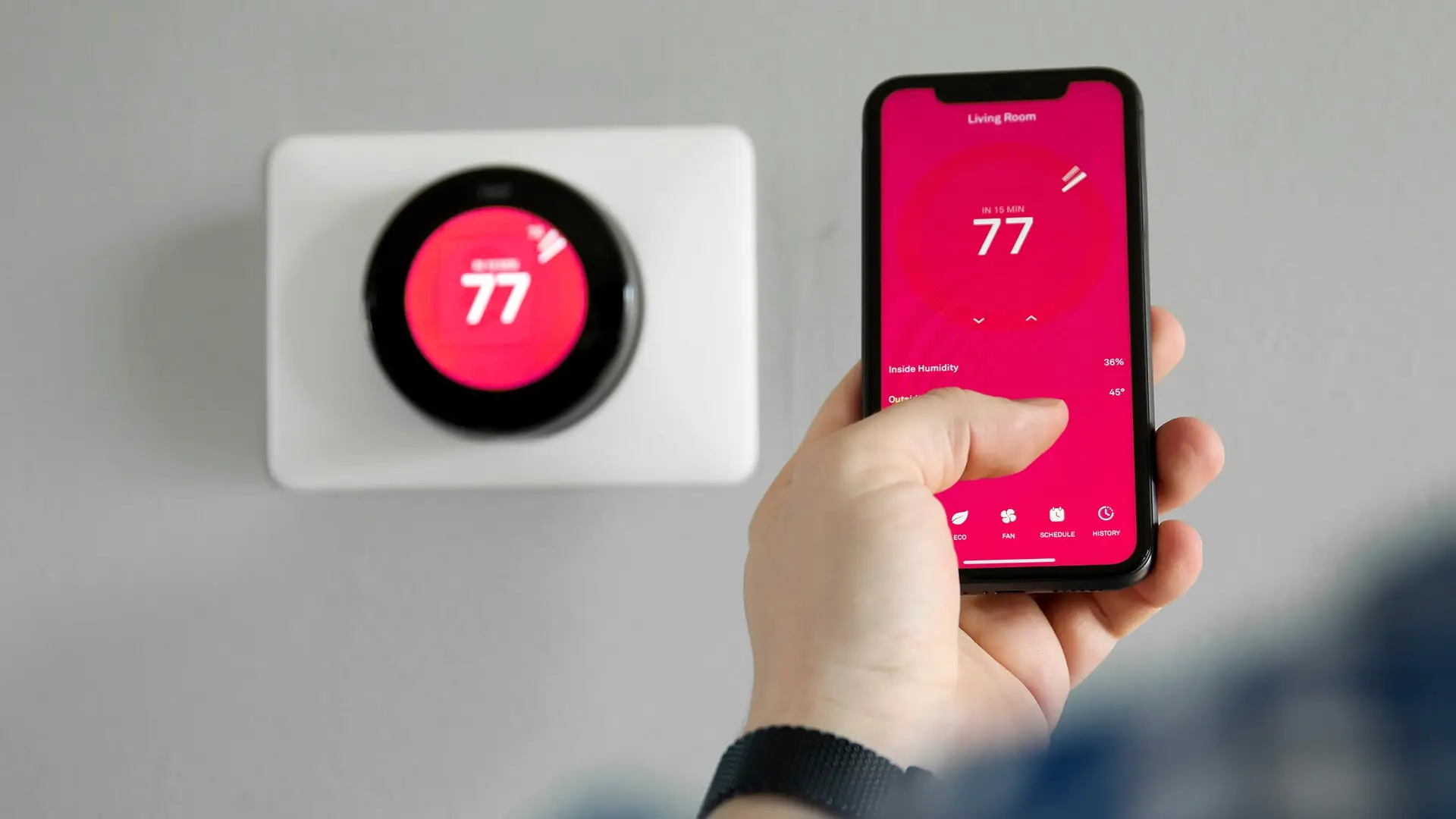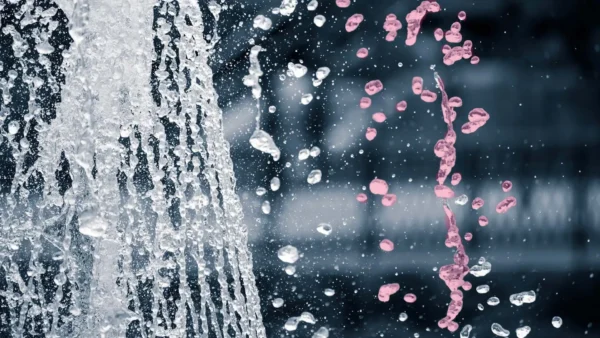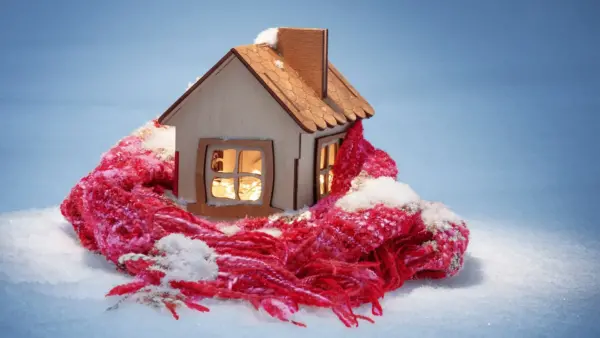While You Were Gone – Avoid Costly Surprises When on Vacation
As Canadians, we like to escape winter if we can—maybe spend a few of the harsher weeks of the season down in some tropical destination.
In fact, millions of Canadians spend a week or more away from home every winter. Usually, they have a great time. But sometimes, Canadians travelling south in the winter come home to a nasty surprise. If your home heating fails while you’re gone and the temperature in your home falls below freezing, your pipes could burst, leading to tens of thousands of dollars in water damage.
People that have experienced water damage know that the problem is bad enough on its own. Hours of sorting through damaged items to try to determine what can be saved. The loss of family keepsakes and pictures. It can be very traumatic. But imagine, after all that, if your insurance didn’t cover the damage and you had to pay out of pocket. Well, that’s exactly what could happen to you the next time you go south. But read on and we’ll tell you how to make sure that doesn’t happen.
Why Might Frozen Pipes Not Be Covered?
Insurance is there for events that can’t be prevented. Most home insurance policies in cold climates require you to take steps to prevent and/or minimize damage to your home if you’re going to be gone for more than 4 days at a time. If you take steps to protect your home and it’s damaged anyway, you should be covered. But if you leave your home in the winter and just cross your fingers…well, it could invalidate your coverage if something happens.
What Can You Do to Prevent Pipes From Freezing?
Your home insurance policy probably has a clause that requires you to do one of the following if you’re going to be away for an extended period in the winter months:
1. Connect your heating system to a monitored alarm system
If the heating fails, the alarm company will be able to alert your emergency contact person so they can fix the heat before pipes freeze.
If you already have a monitored home alarm system (which is not a bad idea, and will save you money), then connecting your furnace should not be too costly. If not, the cost of having your heat monitored remotely is probably not worth it.
2. Drain your pipes and shut off the water before you leave. Even if the heat fails, the pipes won’t burst.
This takes a little bit of work, but is not a bad option if you do it right. Remember to drain ALL the pipes, because all it takes is one pipe in a laundry room in the basement to burst, and the water could flow for days on end.
First find the main water shut-off for the house. It will be in the basement, close to an outside wall. Turn it clockwise all the way. Now go turn on all the taps in the house. If you closed the main valve properly, the water will drip to a stop. Leave the taps open so any water still in the pipe has somewhere to go.
3. Assign a responsible person to come and check on your home daily while you’re gone
Again, if they notice the heat is off, they can take action before it becomes a bigger problem.
The most common and probably the least complicated option is to ask a friend or family member to look in on the house while you’re gone. Many people ask someone to come by to collect the mail or feed the cat. Why not ask them to confirm if the heat is on?
Taking small precautions in advance of leaving for vacation will save you from a potential nightmare when you get home. (And the worst kind of nightmare is one that’s not insured.) Now go! Plan your winter getaway! And because you played it smart, the only water you’ll have to think about is the warm tropical kind.
Looking for home insurance?
Speak with a Mitch Insurance broker today to get a quote on Ontario home insurance. Learn more >
Call now
1-800-731-2228







